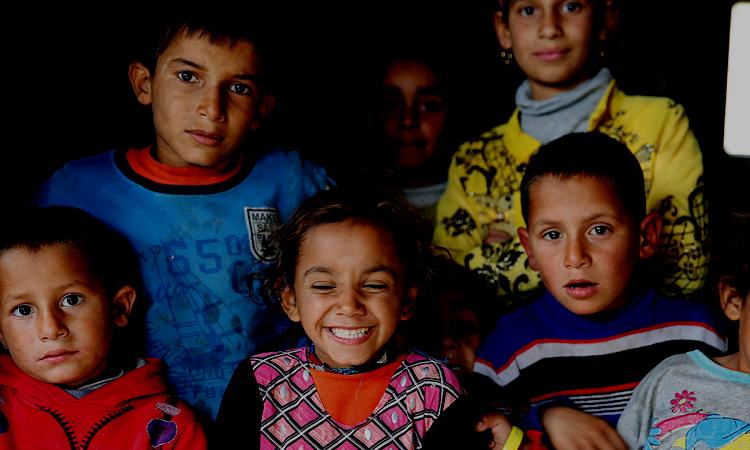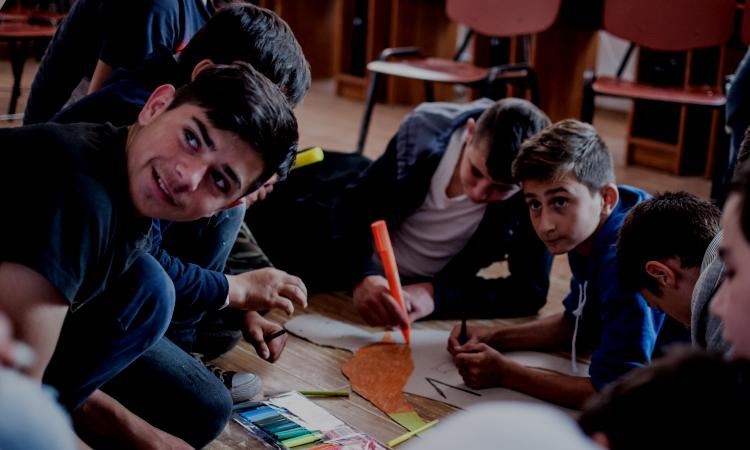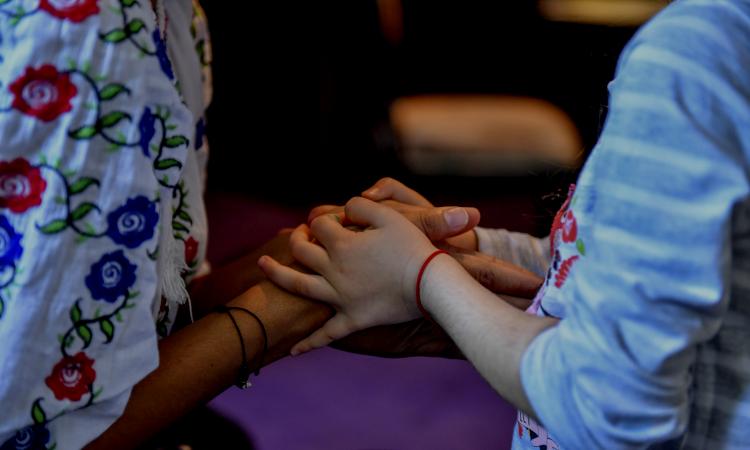The aim of this report is to scrutinize, for a baseline study on gendered social norms, attitudes and behaviours regarding violence against children in relation to the Terre des hommes Moldova project "Preventing childhood violence through engagement –a community based model".
The baseline study norms that sustain violence in Moldova – commissioned by Terre des hommes and carried out by Dr. Ana Bleahu, Laurențiu Calciu and local researchers from Terre des hommes Moldova - Anatolii Oprea, Teodora Rebeja, Olga Pînzari - comprises evidence collected at community level from 29 different rural and urban communities. Central to the study was to identify through qualitative and quantitative data collection, the main norms and social behaviours related to violence against children and to generate meaningful recommendations for future interventions.
Multiple studies show that violence affecting children is prevalent in all societies. In Moldova, there were some important research efforts supported especially by UNICEF, providing a general background for violence against children. According to UNICEF1, approximately 75% of children experienced various forms of physical or psychological violence and one in three children have been involved in a fight withtheir peers. Also, both boys and girls experience violence in childhood, although it differs in the nature of the violence performed by the perpetrator and experienced by the victim (Landers, 2013; UNICEF, 2014).
In this research, alongside non-social factors (economic, religious, political, legal, technological) thatare affecting the traditional child upbringing model, the social environment is considered to be crucial for understanding the social norms which are a critical driver that can either prevent or perpetuate violence in childhood. (Lilleston, Goldmann, & Verma & J. McC, 2017). This study is organized as follows: the first chapter will largely draw on factors and drivers that facilitate or block the transformation of social norms in Moldova. The second chapter comprises the aims and the design of the methodology, explaining in detail the research tools used for the data collection process, the sampling methods, some ethical considerations and the main limitations of the study. In chapter three, four and five we identified and listed the main social norms related to violence in families, among peers, in schools and communities. We also acknowledged any positive norms which could challenge and possibly change the negative social norms. Besides, we displayed the most prevalent gender ideologies (especially those related to traditional masculinity) and portrayed the most vulnerable groups and families. Chapter six and seven draw general conclusions and specific strategies and derive specific recommendations for changing social norms related to violence against children.


